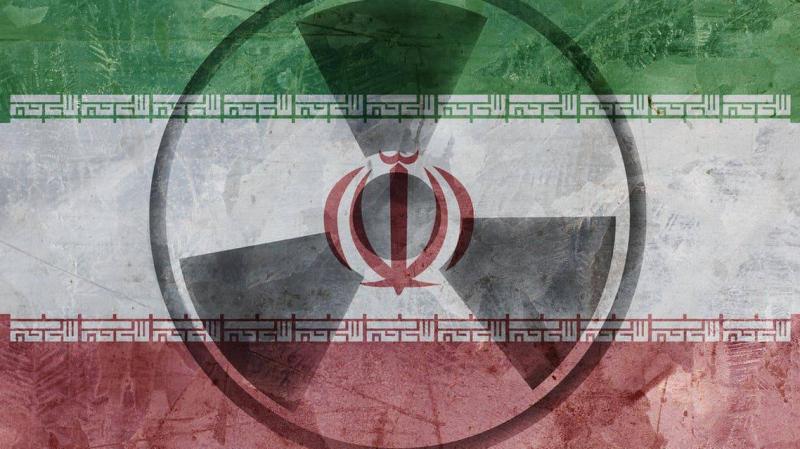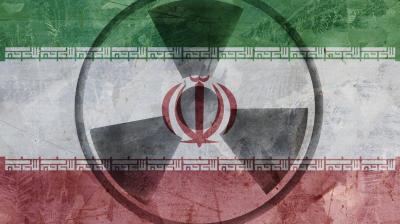Iranian Foreign Minister Hossein Amir Abdollahian revealed on Saturday that the removal of the "terrorist" designation of the Revolutionary Guard by the United States is among the few outstanding issues in negotiations for an agreement regarding Iran's nuclear program. He emphasized that Iran wants the removal of the designation, although the leaders of the Guard have requested that this issue not be an "obstacle" to the agreement if it ensures Iran's interests. This marks the first time Tehran has confirmed that the request to lift the Guard's name from the U.S. list of "foreign terrorist organizations" is one of the remaining matters in the negotiations aimed at restoring the nuclear deal. The Guard was placed on this list by former President Donald Trump in 2019, following the withdrawal of the U.S. from the agreement with major powers concerning Iran's program.
Amir Abdollahian stated, "The topic of the Revolutionary Guard is of course part of our negotiations." He added in an interview with Iranian state television: "Currently, the problem lies in some important issues that remain between us and the United States," noting that the designation is one of the topics still on the agenda. He confirmed that several Guard officials requested the foreign ministry "to do what is necessary in accordance with the national interests of the country, and if we reach a point where the issue of the Revolutionary Guard comes up, it should not be an obstacle for you."
He clarified that these officials "sacrifice," saying, "If you find that the country's interests are preserved in the agreement, do not make the issue of the Revolutionary Guard a priority." However, he continued, "In addition to other unresolved points (...) we will not allow ourselves to inform the United States that we are ready to abandon the issue of the Revolutionary Guard despite the permission granted to us by senior officials."
Iran and the powers that remain part of the 2015 agreement (France, Britain, Germany, Russia, and China) have been engaged in negotiations for nearly a year in Vienna, where the United States has been indirectly involved since its unilateral withdrawal in 2018. Amir Abdollahian's remarks came just hours before the expected arrival of European Union diplomat Enrique Mora in Tehran, where he hopes to work on "bridging the remaining gaps" in the negotiations. Mora is scheduled to meet with Iran's chief negotiator Ali Bagheri on Sunday, according to the official news agency IRNA.
The European Union is acting as the coordinator in the negotiations aimed at reinstating the agreement through the return of Washington to it and lifting the sanctions it reimposed on Iran after its withdrawal, alongside Iran's full compliance with all provisions after it rolled back many of them in response to the U.S. action. Officials have announced progress in recent weeks that brings the understanding closer, but they assert that there remain points of divergence requiring "political decisions" from Tehran and Washington.




